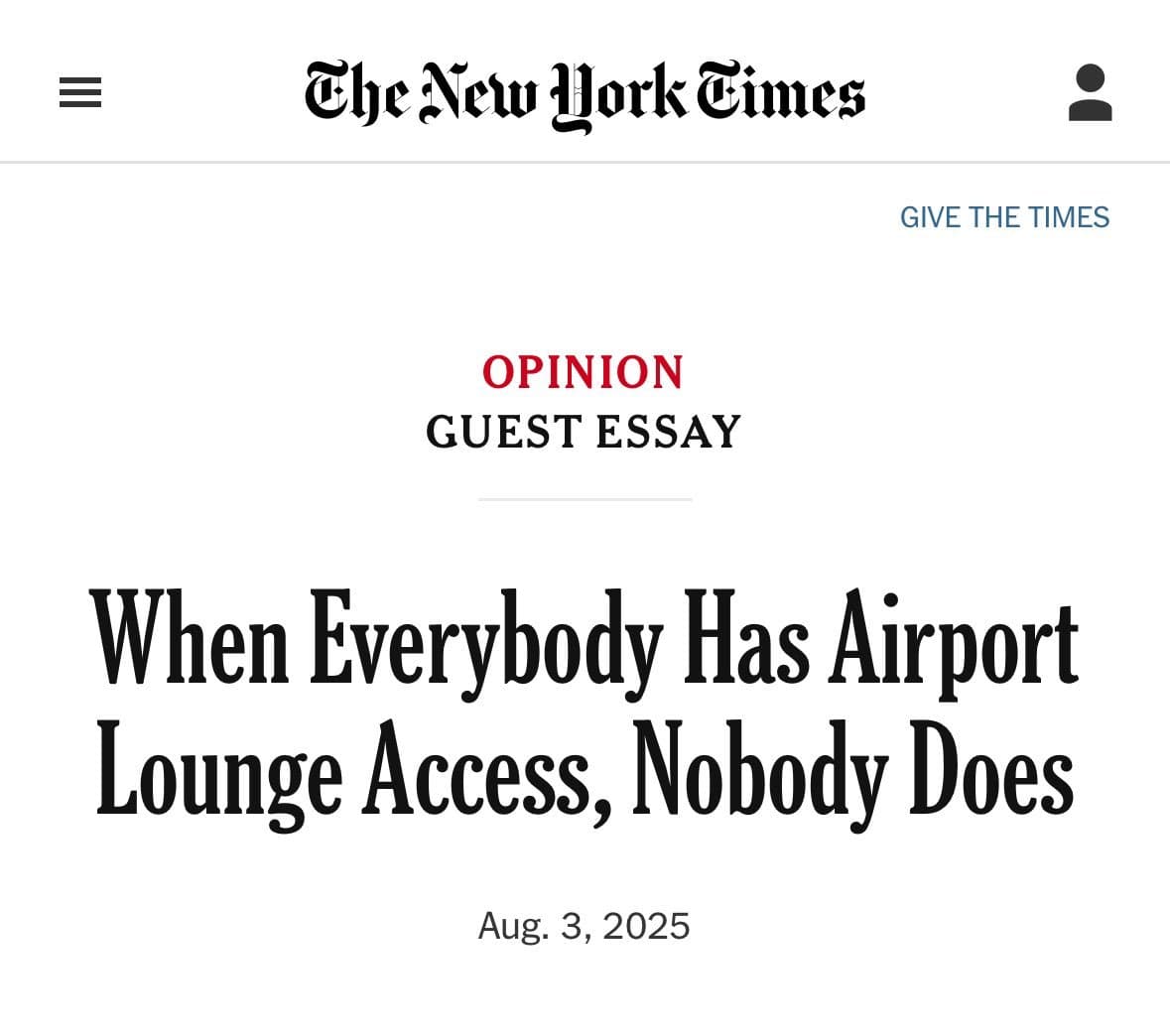High-Trust Societies Risk Misjudging Low-Trust Behaviors, Warns Social Commentator

A prominent social commentator, known by the pseudonym "el gato malo," recently issued a stark warning regarding the inherent dangers faced by high-trust societies when interacting with those characterized by low trust and high time preferences. In a widely shared social media post, the author articulated that societies accustomed to mutual reliance and long-term planning often fail to comprehend the motivations and actions of groups operating under different ethical frameworks. This fundamental misapprehension, "el gato malo" argued, leads to costly strategic errors.
High-trust societies are typically defined by a strong sense of interpersonal trust and shared ethical values, fostering cooperation without extensive formal regulation. Conversely, low-trust societies exhibit lower levels of interpersonal trust and may lack widely shared ethical values, often relying on kinship ties and exhibiting dysfunctional institutions. This distinction, explored by researchers like Francis Fukuyama, highlights how societal trust underpins economic and social stability.
The concept of time preference further differentiates these societal types. Low time preference signifies an ability to delay immediate gratification for greater long-term gains, a characteristic often associated with stable, high-trust environments. In contrast, high time preference prioritizes immediate benefits, a behavior more prevalent in low-trust settings where future stability is uncertain. "El gato malo" contended that the danger lies in assuming universal adherence to low time preference.
According to the tweet, when high-trust societies extend invitations or accommodations to those with high time preferences, they mistakenly expect reciprocal behavior. Instead, "el gato malo" stated, "accommodation is seen as weakness to be taken advantage of, and the harder you try to be nice or lenient, the more aggressive the depredations become." This perspective suggests that attempts at goodwill can be counterproductive if the underlying mindsets are fundamentally misread.
"El gato malo" is a pseudonymous author frequently publishing on platforms like the Brownstone Institute and Substack, known for commentary on societal and political dynamics. Their writings often delve into critiques of established institutions and explore the erosion of traditional societal norms. The recent tweet underscores a recurring theme in their work: the critical importance of understanding differing societal values and incentives to avoid what they termed a "desperately expensive luxury belief."